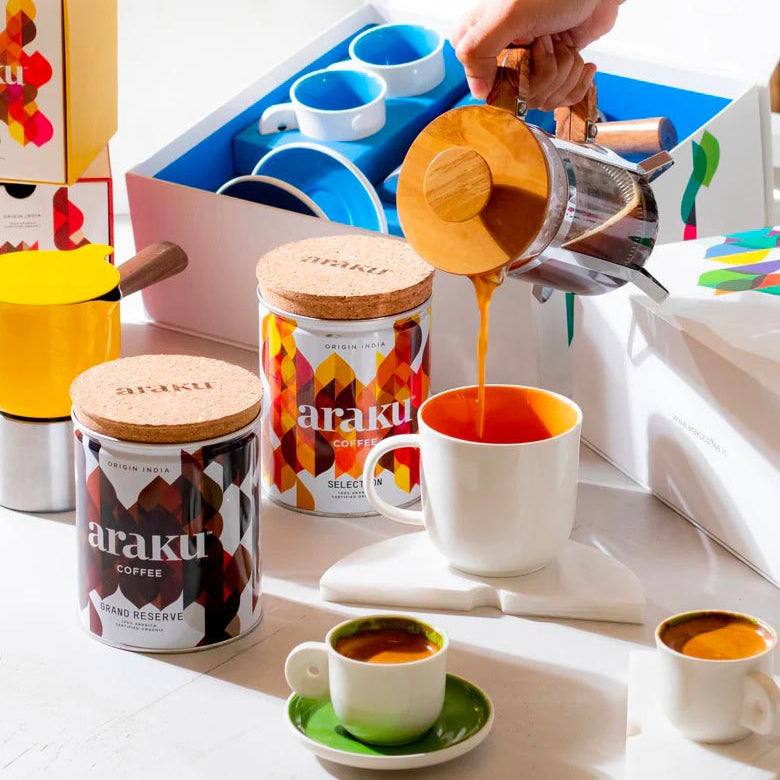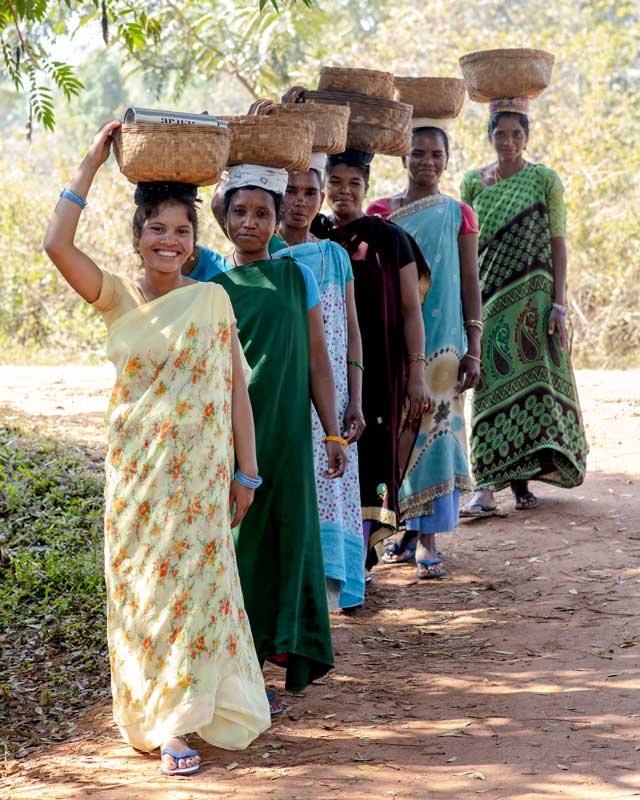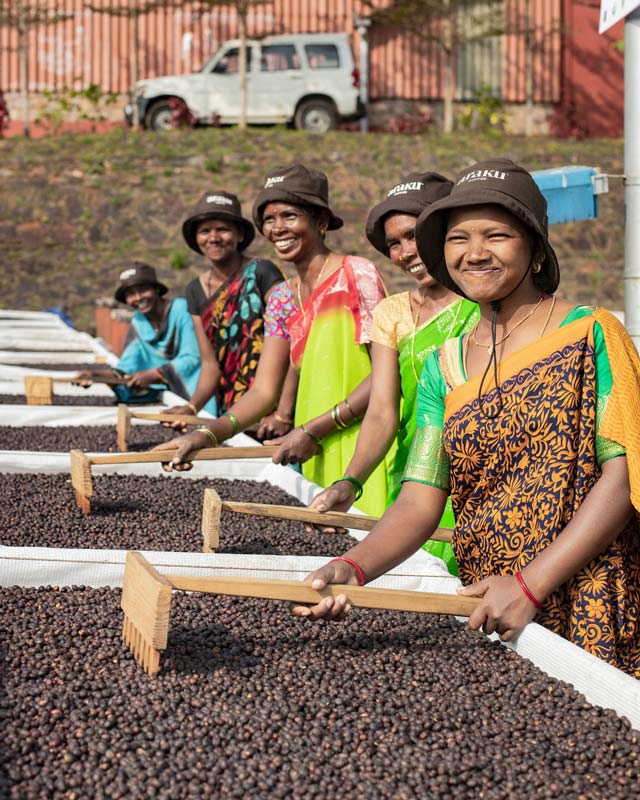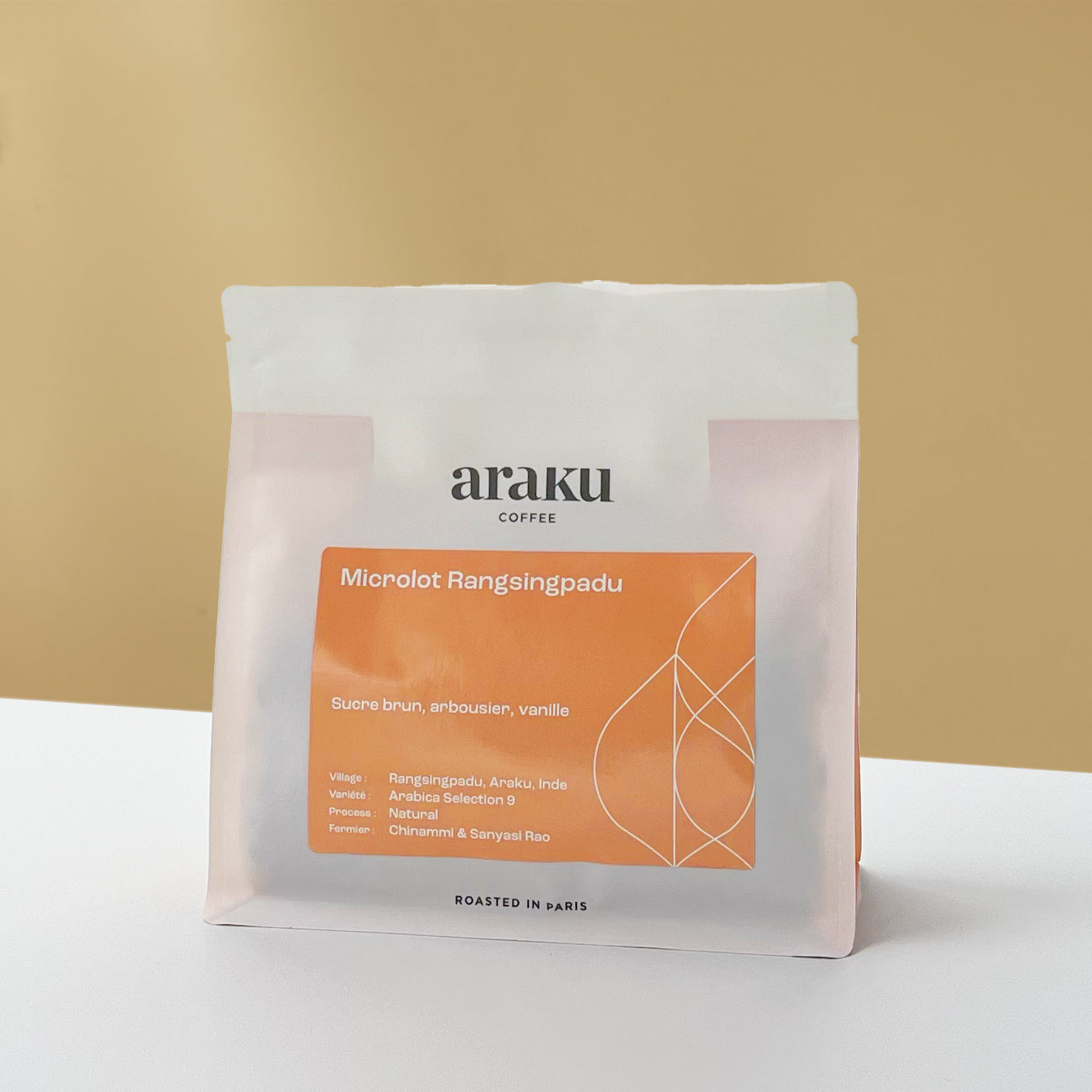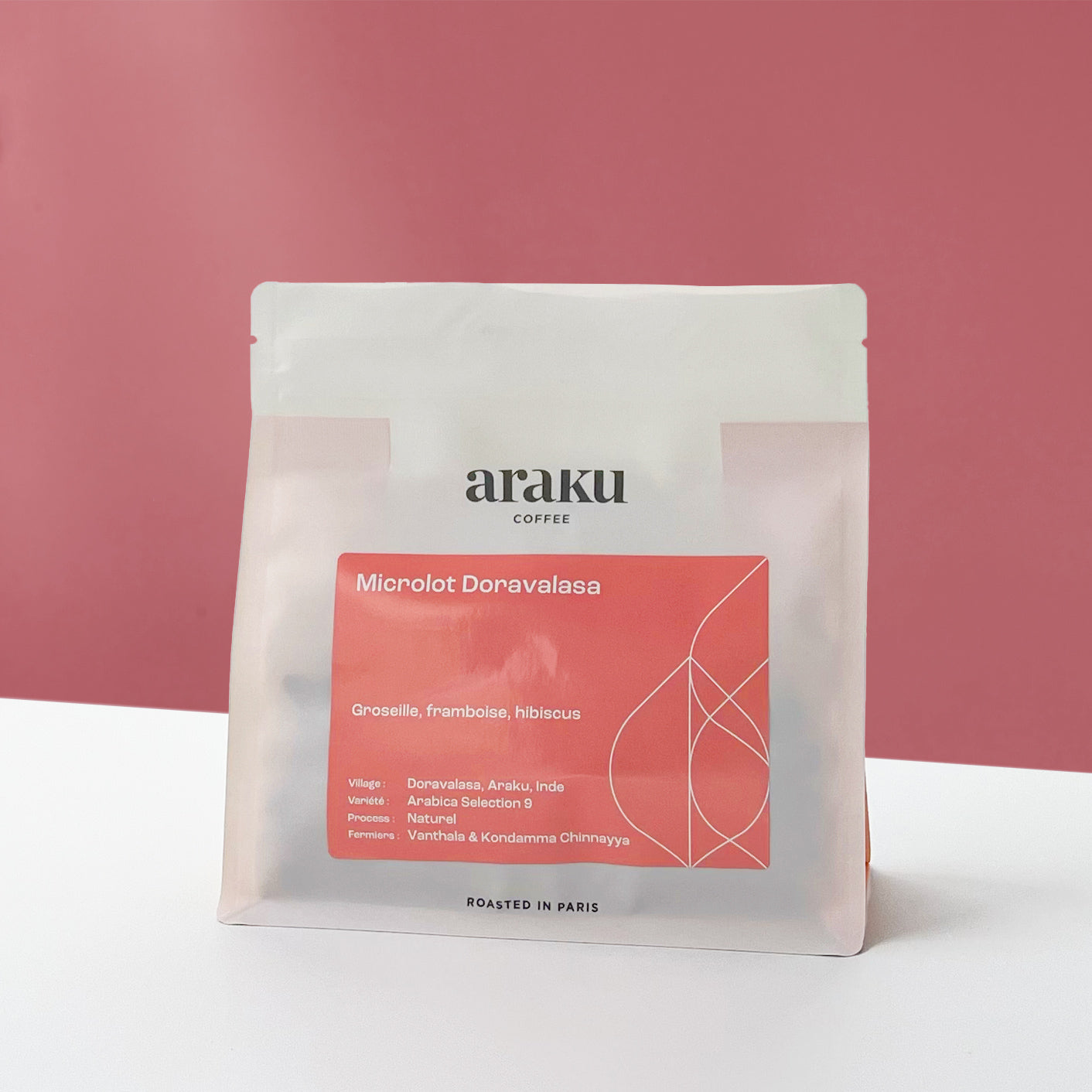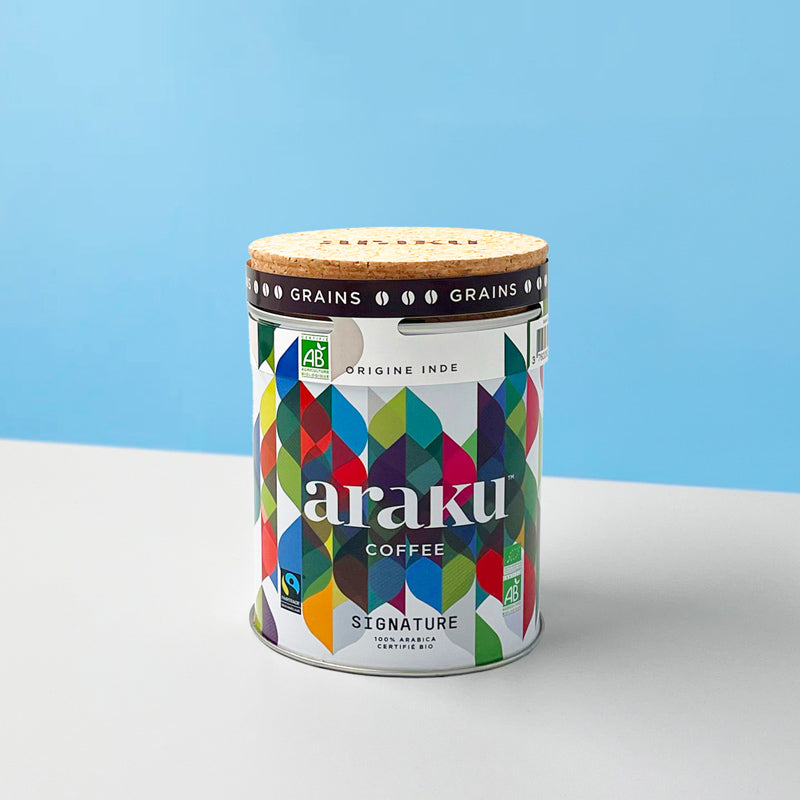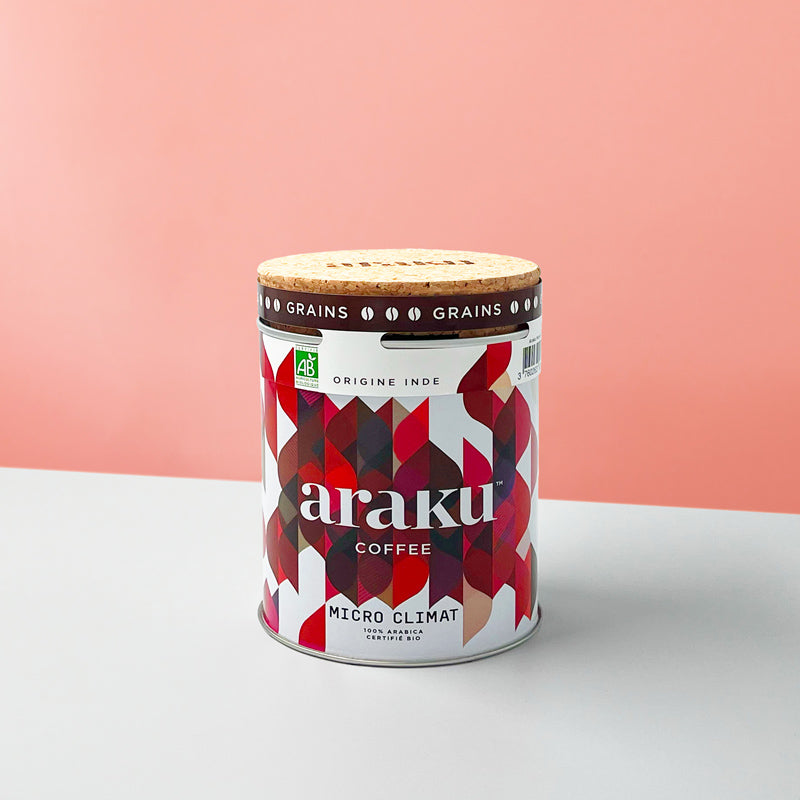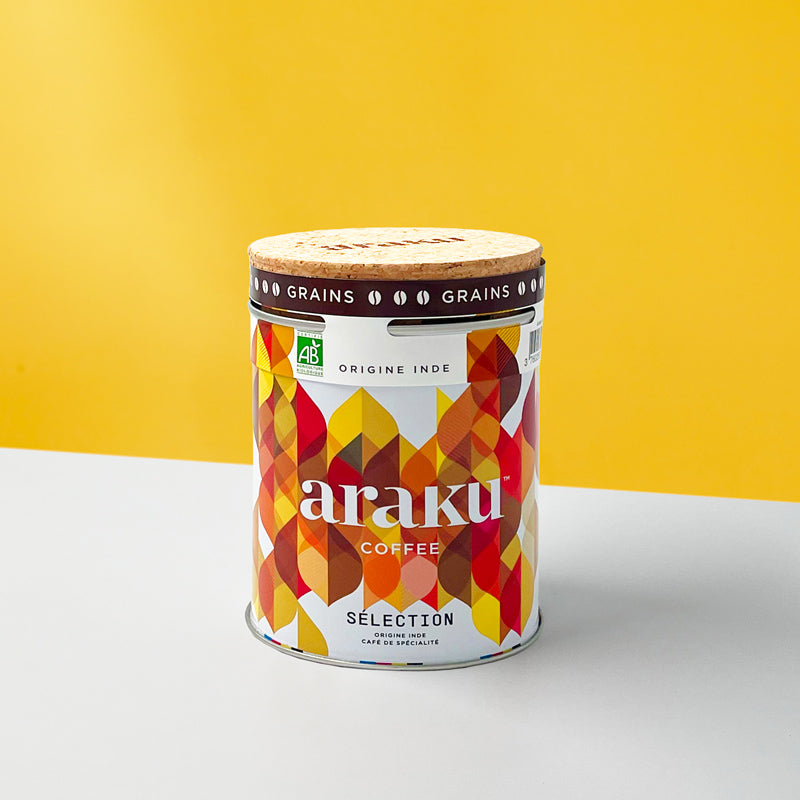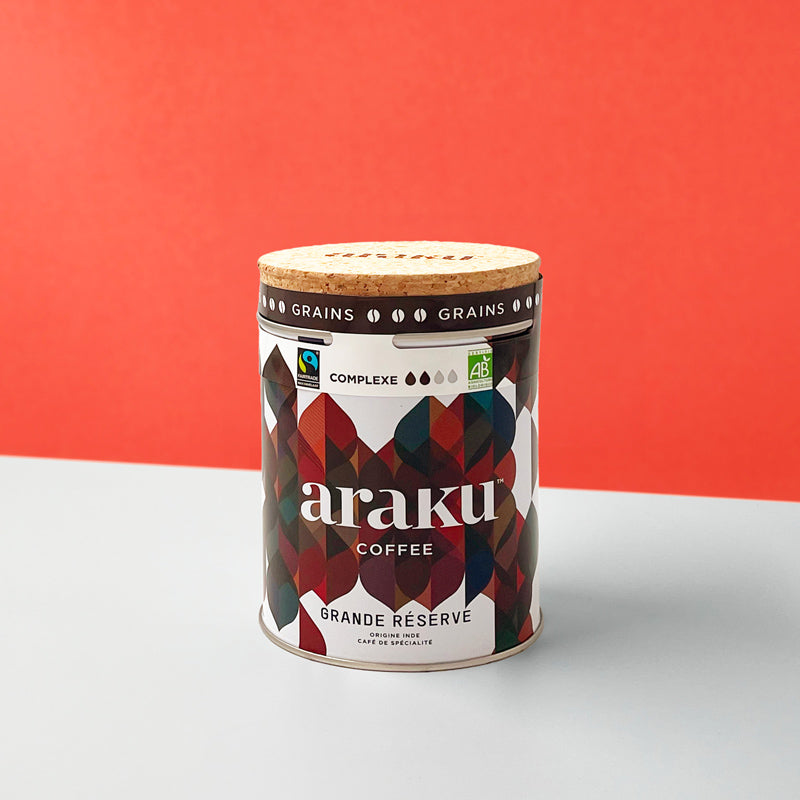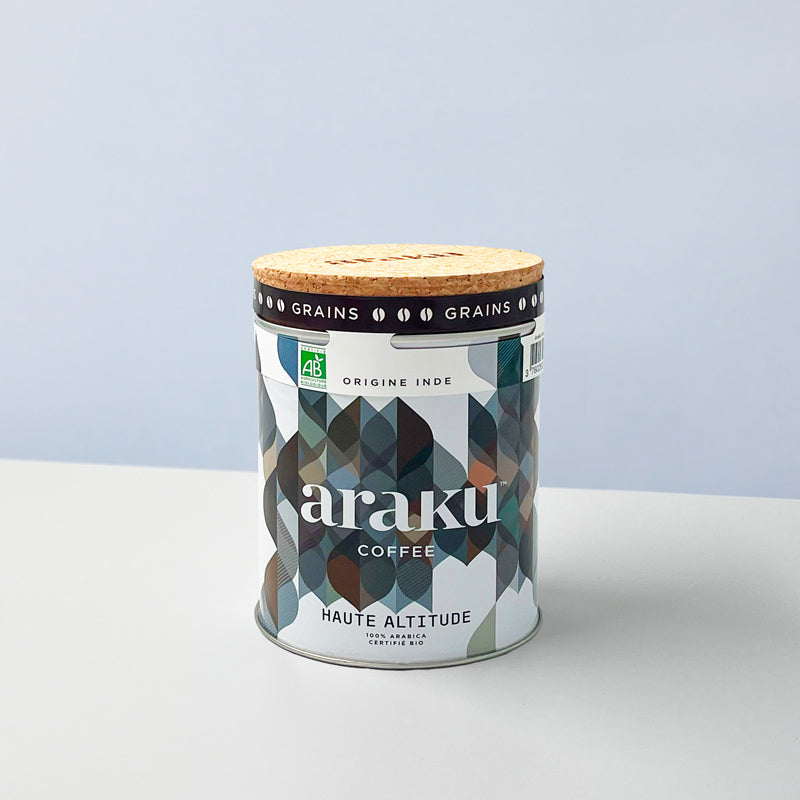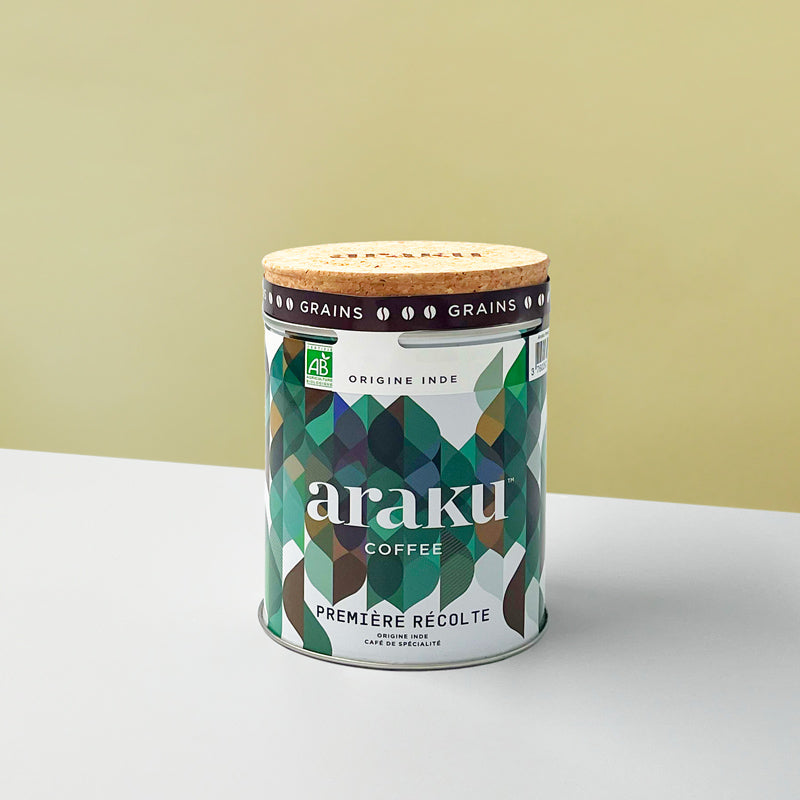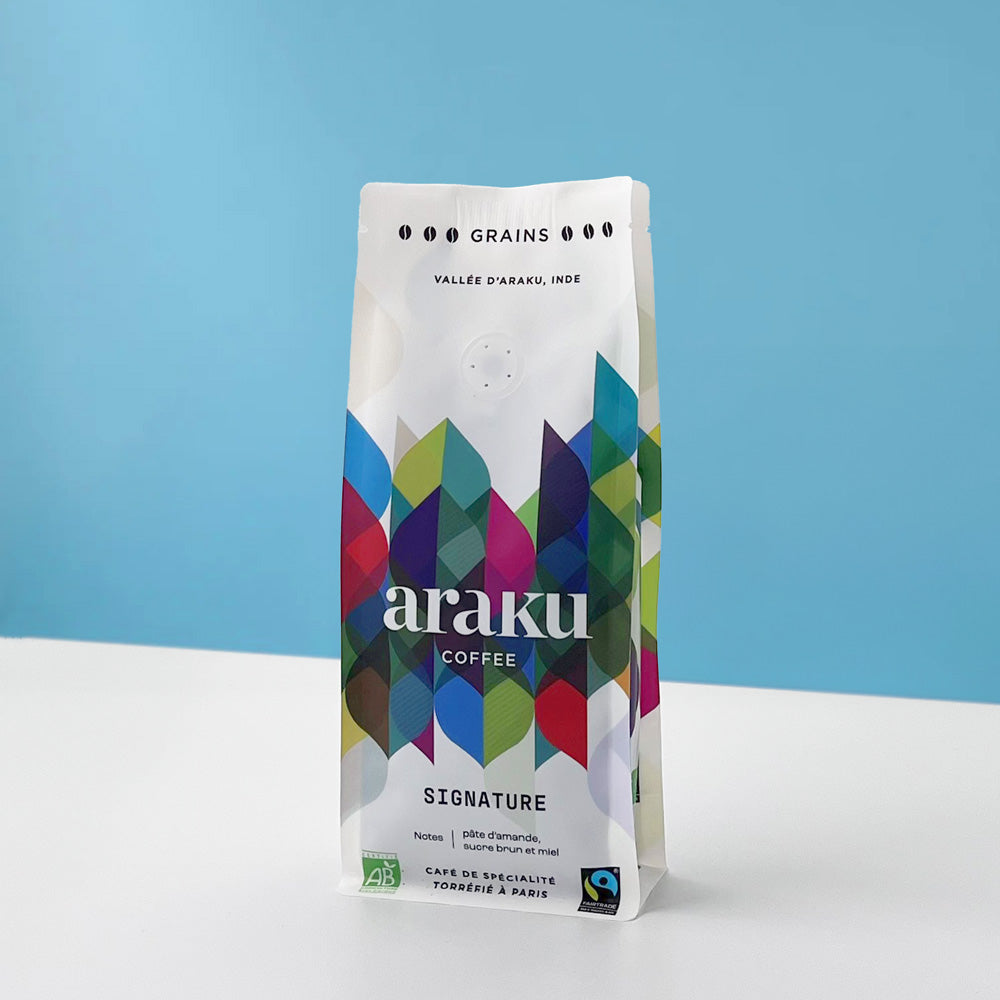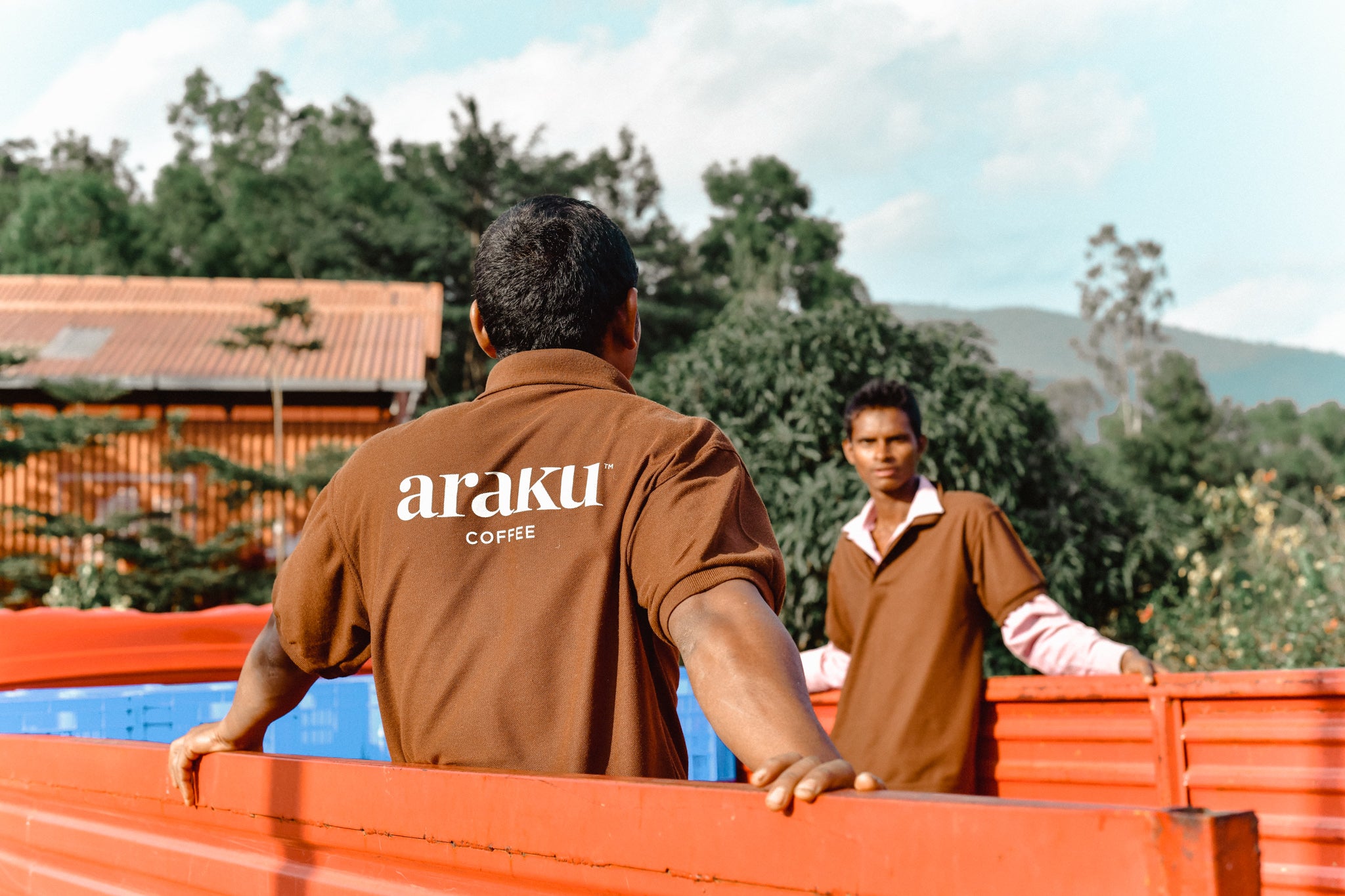The origins of Indian coffee: the myth of the seven beans
If certain historical events are played out down to one detail, the history of Indian coffee may have come down to a handful of beans. In the 17th century, Sufi Baba Budan returned from a pilgrimage to Mecca and concealed seven coffee beans in his beard. He transports them clandestinely on the roads of Yemen until his return to India. Back home, it is in the Chandra Dona mountains in southern India that he plants these coffee beans. India then becomes the third country in the world to grow coffee after Ethiopia and Yemen.
A few centuries later, British colonists took control of the development of Indian coffee and made the country one of the pillars of world coffee production in the 19th century. It was not until 1947 and the declaration of independence of India that the Coffee Board of India regained control of the farms. Since the 1950s, the organization has fought to maintain the country's competitiveness in coffee production, by imposing strict rules on production quality and price.
Today, Indian coffee continues to weigh on the coffee industry, and ranks 6th in the ranking of the world's largest coffee producers, with nearly 250,000 tonnes of coffee sold in 2021.
Indian coffee: a terroir and unique flavors
If Indian coffee is known for the strength of its history, it is also and above all for the singularity of its aromatic richness. Among the various most famous flavor profiles of Indian coffee, there are two main ones.
First, there is “monsooned” coffee, from South West India, like the famous Monsooned Malabar coffee, grown in the coastal states of India. This Indian coffee undergoes a special monsooning process where green coffee beans are exposed to humidity and monsoon winds for several weeks, imparting distinctive flavors of earth, wood and ripe fruit. Monsoon coffee is known for its heavy body, low acidity and velvety texture on the palate, making it a popular choice among premium coffee lovers.
No surprise, the second region renowned for the quality of its Indian coffee production is the Araku Valley Nature Reserve. Cultivated in the east of India, on the high plateaus of the Eastern Ghats overlooking the Bay of Bengal, these coffees are renowned for the high quality of the beans, obtained by following the logic of regenerative agriculture and fair trade . The region produces exclusively Arabica coffee, grown at high altitudes that favor the development of complex flavors, often marked by floral, fruity and spicy notes. Additionally, local farmers engage in organic and environmentally friendly farming practices , which contributes to the purity and fineness of the grains. Thus, coffees from the Araku region are valued for their balanced acidity, sweetness and complex flavor profiles.

